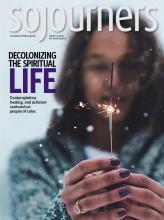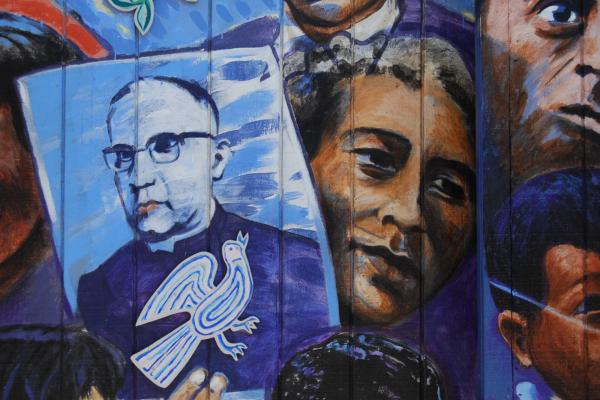"THE CRY OF THE POOR rises to the heavens!” With one phrase, proclaimed at a conference of Catholic bishops in Medellín, Colombia, in 1968, history changed in Latin America.
Fifty years ago, the “princes of the church”—with the support of Pope Paul VI, who opened the gathering, and embodying the renewal of Vatican II—agreed to dethrone themselves. A “preferential option for the poor,” they said, would lead the renewed Catholic Church.
Bishops and priests, religious sisters and brothers, began working to change the historic structures of inequality and abuse that had existed in Latin America since the 15th-century invasion of the rapacious Spaniards. Faith was no longer held captive by the educated and powerful elites; now laypeople were empowered to make their faith their very own bread and Word. Christian base communities emerged. Theologians got busy listening “from below.”
A name was attached to the Medellín movement with the arrival of Father Gustavo Gutierrez’ groundbreaking book A Theology of Liberation. Liberation theology, rooted in the economically and politically oppressed, became the first modern theological movement to emerge in the Catholic Church outside of Europe.
Read the Full Article

